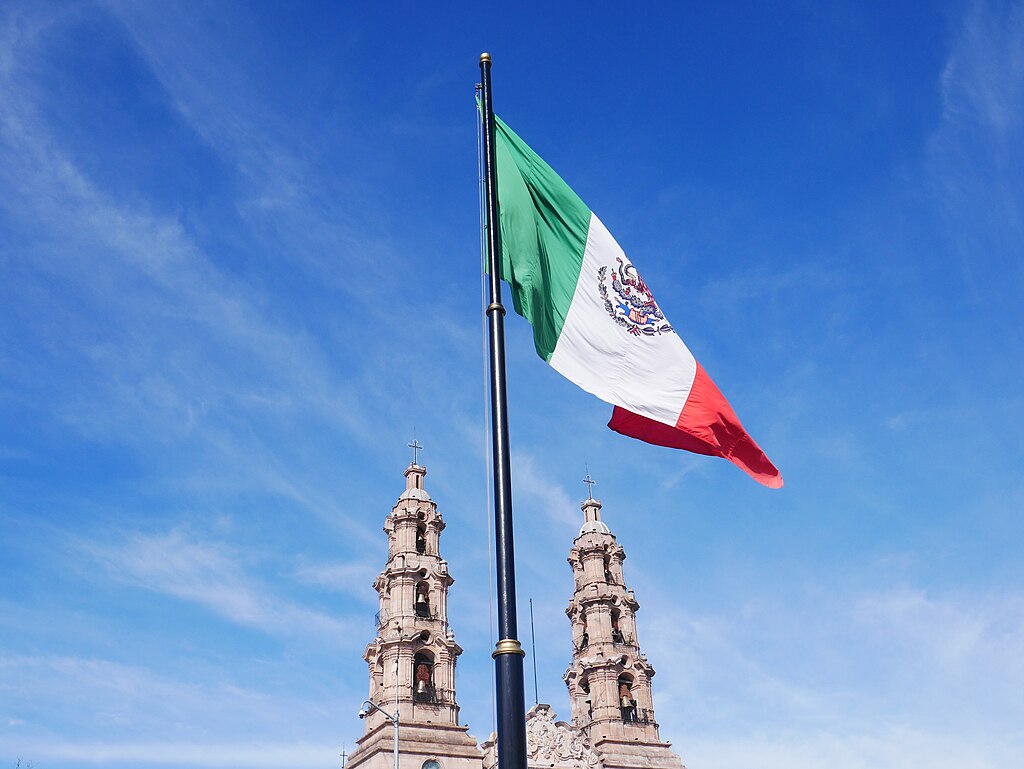Examining the Complexities of the Trump Campaign Hack
The hack of Trump's campaign unveils shades of political vulnerabilities and media ethics. How does it contrast with past campaign hacks?
Published August 14, 2024 - 00:08am

Image recovered from mediaite.com
Former President Donald Trump's campaign hack has not only raised alarms about foreign interference but has also drawn comparisons with the notorious Russian influence campaign during the 2016 election. As the FBI dives into an investigation, questions swirl around potential threats from Iranian sources targeting both the Trump and Harris campaigns.
In June, the Trump campaign claimed it was hacked, attributing the breach to Iranian actors. This incident echoes the 2016 presidential campaign when Russian hackers infiltrated the Democratic National Committee, releasing a flood of sensitive emails through Wikileaks. Several news outlets, including Politico, The New York Times, and The Washington Post, were offered internal Trump campaign documents, but unlike their stance in 2016, none have published the leaked materials.
This stark divergence highlights journalists' evolving relationship with hacked information. Mainstream news organizations avidly covered the Clinton campaign email leaks, capitalizing on the controversy. Today, these outlets have chosen restraint, citing concerns about the authenticity and source motives of the leaked materials. A spokesperson for The Washington Post noted that they evaluate the public interest before deciding to publish any information, adding a layer of media ethics to the ongoing political drama.
This restraint was further emphasized by Kathleen Hall Jamieson, a communications professor and author of 'Cyberwar.' Jamieson criticized media handling of the 2016 leaks, suggesting the heightened coverage potentially swayed the election outcome. She praised current news outlets for their cautious approach, given the murky origins of the 2024 leak. Thomas Rid, director of the Alperovitch Institute for Cybersecurity Studies at Johns Hopkins, supported this view, emphasizing the newsworthiness of foreign interference over the leaked content itself.
The FBI's investigation into the Trump campaign hack seeks to unravel the layers of foreign interference. The bureau's focus on Iran aligns with reports from Microsoft's intelligence unit, detailing an Iranian government's alleged efforts to penetrate the email accounts of 2024 presidential campaign officials. Despite the Trump campaign's accusation, Iran has consistently denied involvement. The lack of confirmed evidence has left speculation running high.
Yet, this episode brings into sharp relief Trump's inconsistent stance on hacked materials. In 2016, Trump famously encouraged Russia to find Hillary Clinton's emails, reveling in the ensuing political chaos. Today, his campaign has adopted a markedly different tone. Campaign communications director Steven Cheung condemned any media outlet reprinting the hacked documents, framing it as a betrayal to America's interests.
This pivot reflects broader tensions in the political landscape. As cyber threats from foreign entities grow more sophisticated, the integrity of presidential campaigns remains a critical concern. The juxtaposition of Trump's past cheerleading for leaks with his current victim stance underscores the intricate dance between politics and media.
The hacked documents reportedly included vetting materials for Republican vice presidential nominee J.D. Vance and Senator Marco Rubio. While the content remains unpublished, speculation abounds about the potential vulnerabilities these documents could expose. This scenario resurrects the specter of 2016 when sensitive materials were used as political weapons. Political ramifications aside, news organizations must tread carefully, balancing public interest with journalistic integrity.
The Trump campaign's claim of Iranian involvement added another layer of complexity. A Microsoft report detailed similar hacking attempts by an Iranian military intelligence unit, sending spear-phishing emails to a high-ranking official's account. The FBI's involvement indicates the gravity of these cyber threats as the 2024 elections approach.
In parallel discussions, Roger Stone, a longtime Republican operative and Trump adviser, found his email account compromised during this latest hack. Recalling the 2016 campaign, Stone faced accusations of conspiring with WikiLeaks to exploit hacked Democratic emails, an episode culminating in his indictment and conviction for obstruction and making false statements.
The ongoing investigation casts a shadow over the coming electoral landscape. As candidates spar over policy and public sentiment, the specter of cyber interference looms large. The media's cautious handling of leaked materials this time around highlights a maturation in journalistic standards, albeit influenced by past missteps. Whether this will deter future foreign meddling or reshape voter perceptions remains to be seen.
In conclusion, the Trump campaign hack unfolds against a backdrop of heightened cybersecurity concerns and media caution. The contrasts with 2016's wide-open approach to leaked materials underscore the pressing need for measured responses. As the FBI's investigation continues, the political and journalistic spheres must navigate these turbulent waters, striving to uphold integrity in an increasingly digital battleground.







